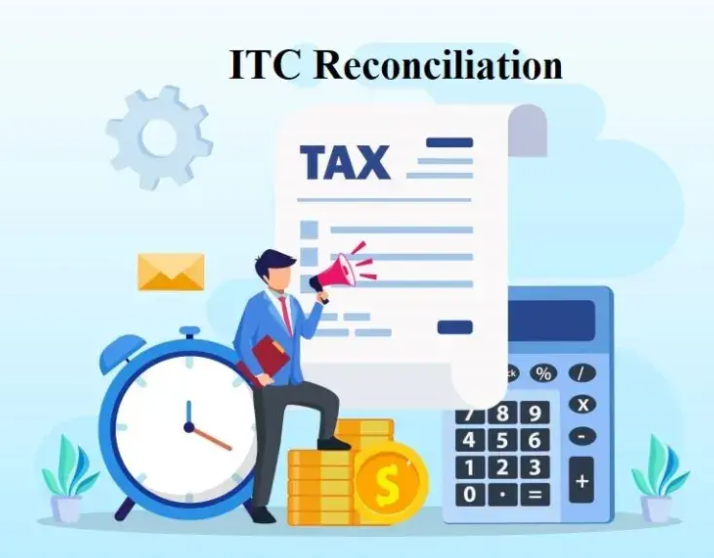India’s Goods and Services Tax (GST) system places a strong emphasis on tax compliance and transparency. The Input Tax Credit (ITC) reconciliation, which enables companies to deduct taxes paid on purchases from taxes received on sales, is a crucial component of this system. But simply aligning the books of accounts with the total credit available is insufficient and can have serious financial and legal consequences. Rather, to guarantee compliance and minimize risks, dealerwise reconciliation—comparing ITC claims with supplier-specific data—is crucial.
Understanding Dealerwise Reconciliation
Dealerwise reconciliation is the process of reconciling the information provided by each supplier in their GST returns with the ITC that a company claims. This procedure guarantees that:
- The supplier’s GSTR-1 appropriately reflects the transaction.
- The information corresponds to the recipient’s purchasing history and automatically filled-out forms, such as GSTR-2A or GSTR-2B.
- Any discrepancies are identified and resolved promptly.
The information corresponds to the recipient’s purchasing history and automatically filled-out forms, such as GSTR-2A or GSTR-2B.
Key Reasons for Dealerwise Reconciliation
- Compliance with GST Regulations ITC is only available under GST if the provider has submitted their returns and paid the government the required amount. By ensuring that each supplier’s compliance status is confirmed, dealerwise reconciliation helps to avoid false or fraudulent claims.
- Avoidance of Penalties If supplier-reported data and ITC claimed data don’t match, tax authorities may investigate and impose penalties or deny credit. Dealerwise reconciliation ensures granular accuracy, reducing such risks.
- Prevention of Financial Losses Businesses risk permanently losing their qualified ITC if differences are not settled within the allotted time. Higher tax obligations and a greater need for operating capital may follow from this.
- Detection of Fraudulent Transactions If inconsistencies are not settled within the allotted period, companies risk permanently losing their qualified ITC. Higher tax obligations and greater working capital needs may arise from this.
- Dynamic Nature of GST Returns Due to variations in the date of suppliers’ data reporting, forms such as GSTR-2A (dynamic) and GSTR-2B (static) may display inconsistencies. Dealerwise reconciliation guarantees that companies appropriately account for such variances.
Risks of Relying Solely on Total Credit Matching
Without dealerwise reconciliation, it is incorrect to match the total credit available as reported in GSTR-2A/2B with the books of accounts for a number of reasons
- Overlooking Supplier Non-Compliance– Whether specific suppliers have submitted their returns or paid taxes is not confirmed by total credit matching. The recipient cannot claim ITC if a supplier defaults, which results in losses.
- Inaccurate ITC Claims– Invoice-level disparities such inaccurate GSTINs, invoice numbers, or tax amounts are ignored by aggregative matching. These mistakes may lead to exaggerated or rejected ITC claims
- Delayed Discrepancy Resolution – Finding and fixing discrepancies without dealerwise tracking takes a lot of effort, particularly when working with several suppliers.
- Exposure to Audits and Scrutiny- Through the computerized GST system, tax authorities keep a careful eye on ITC requests. Audits, fines, or even the suspension of GST registration may result from discrepancies identified as a result of complete credit dependence.
- Impact on Cash Flow – Businesses may have to reverse credits and interest payments in response to incorrect ITC claims resulting from mismatches, which would put a strain on cash flow and operational effectiveness.
Conclusion:
Under the GST regime, dealerwise reconciliation is essential for accurately claiming ITC and guaranteeing adherence to tax regulations. It offers a strong method for finding differences at a fine level, avoiding monetary losses, fines, and business interruptions. However, depending only on total credit matching is a dangerous approach that ignores important information such as supplier compliance and invoice-level correctness, which could result in credit denials and regulatory attention.
Businesses may protect their ITC claims, preserve cash flow stability, and comply with GST requirements without any problems by using methodical dealerwise reconciliation procedures, ideally automated.


